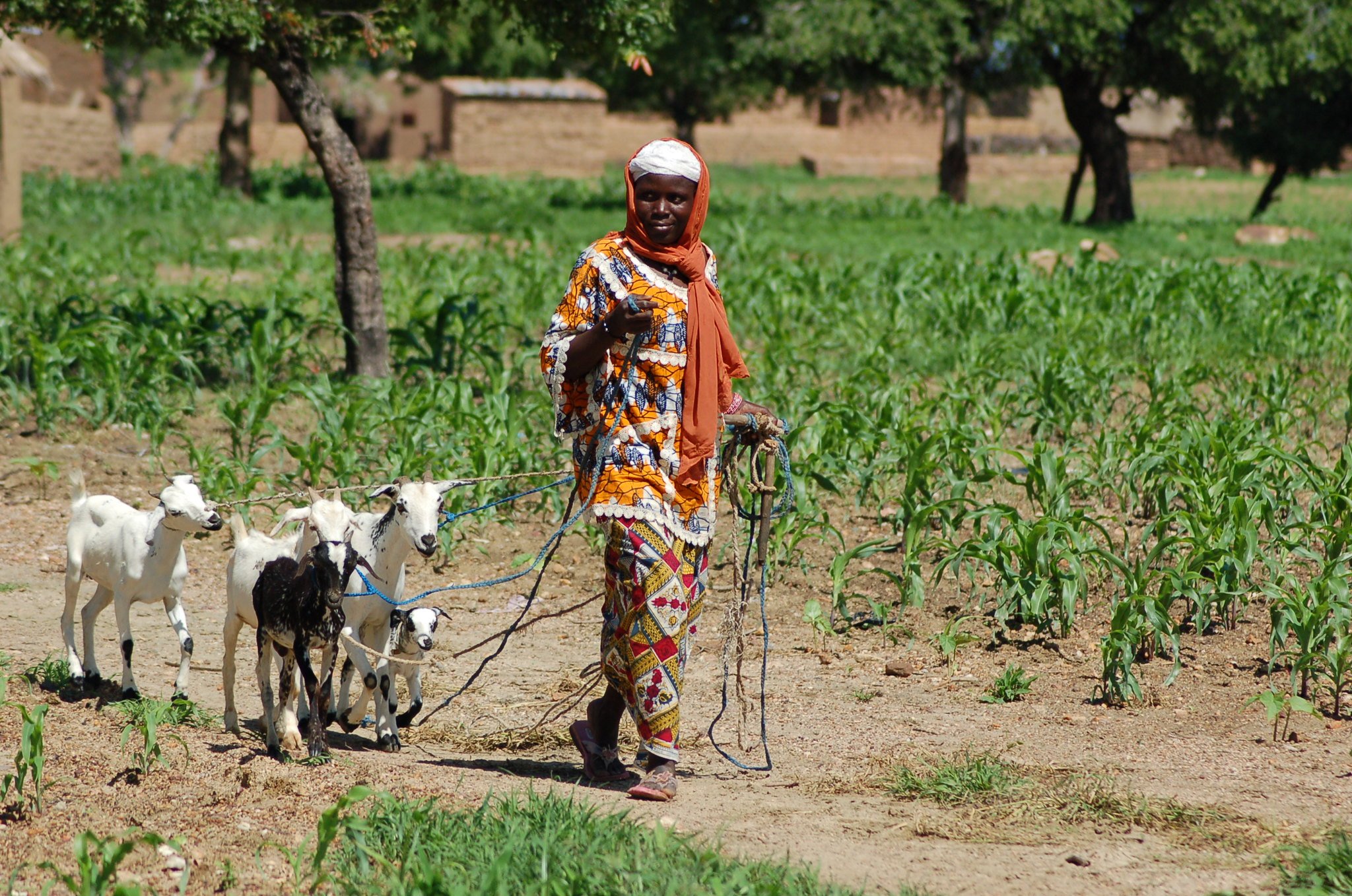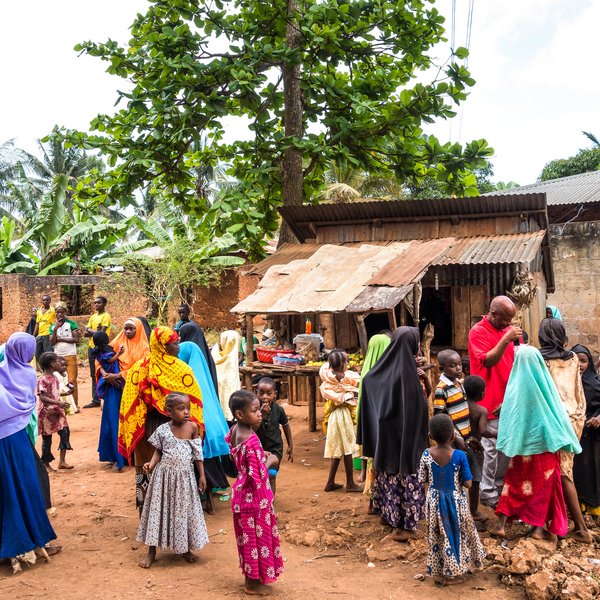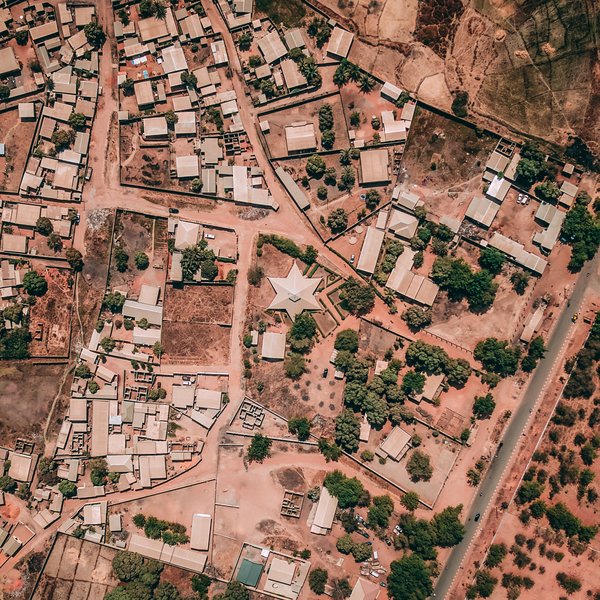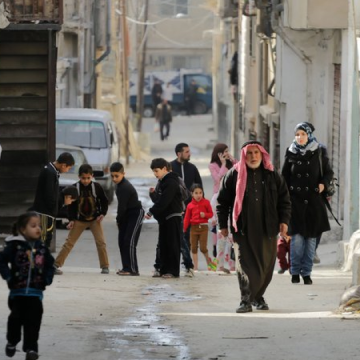A baseline survey conducted using Prindex's approach laid the groundwork for evaluating a development program aimed at formalizing land rights in Burkina Faso.
This initiative focused on understanding the extent and drivers of perceived tenure insecurity, particularly among smallholder farmers and pastoralists who face increasing difficulty accessing fertile land. The situation is compounded by a lack of effective communal structures for resolving land disputes and clarifying land rights. In many areas, such institutions either do not exist or are not fully operational, which limits their effectiveness in preventing and resolving land-related conflicts.
According to Prindex’s 2020 data, 48% of people in rural Burkina Faso reported feeling insecure about their land and property rights. This insecurity is largely driven by factors such as land conflicts, terrorism, and broader security concerns affecting rural regions. The absence of established legal mechanisms for recognizing customary land rights and issuing formal documentation leaves many landholders without legal recourse in disputes, further exacerbating the climate of insecurity.
To address these challenges, GIZ and the General Directorate of Land Tenure, Training, and Organization of the Rural World (DGFOMR) launched a five-year initiative in the Hauts-Bassins and South-West regions. The program aims to:
- Support Communes in Land Registration and Certification: The initiative focuses on increasing the issuance of land ownership and user-right certificates, which will provide legal security for landholders and reduce the incidence of land-related disputes. This includes training local officials and village committees to handle registration procedures effectively.
- Strengthen Civil Society and Local Institutions: By empowering civil society organizations and local committees, the program seeks to improve conflict resolution mechanisms and advocate for policy reforms that facilitate secure land tenure. These grassroots efforts are essential for ensuring land policies are tailored to local needs and that landholders understand their rights and responsibilities.
- Promote Responsible Investment: The program encourages agricultural and gold mining businesses to adopt responsible investment practices that respect land rights, mitigate environmental damage, and prevent community displacement.
Prindex, in collaboration with the Overseas Development Institute (ODI) and SECODEV, conducted a baseline survey to measure the existing levels of tenure insecurity and identify areas for improvement. The methodology involved interviewing two respondents per household to capture diverse perspectives, including potential gender distinctions. Results showed that nearly one in three main decision-makers expressed concerns about losing rights to at least one property within five years. The findings revealed a stark contrast in responses between the first and second respondents regarding concerns about spousal death: only 14% of married main decision-makers (principally male) worried about losing their main property if their spouse died, compared to over half of the married second respondents (mainly female). Strikingly, nearly half of the married second respondents were uncertain about the outcomes in the event of spousal death, indicating a critical opportunity for the project to raise awareness about legal rights and responsibilities, particularly around inheritance laws.
The most common reasons cited for concerns about losing property among main decision-makers were external factors like conflict, terrorism, or security issues, while second respondents (mainly women) highlighted internal family disagreements. This distinction points to the need for targeted interventions that address the specific concerns of different demographic groups.
The comprehensive approach taken by the program is designed to address the roots of tenure insecurity by reinforcing local governance structures, promoting community-led conflict resolution, and integrating formal and customary land tenure systems. The endline survey, funded by the German Federal Ministry for Economic Cooperation and Development (BMZ) through GIZ, will assess the program's impact on reducing tenure insecurity and land conflicts.
For further information, contact Prindex at [email protected].



